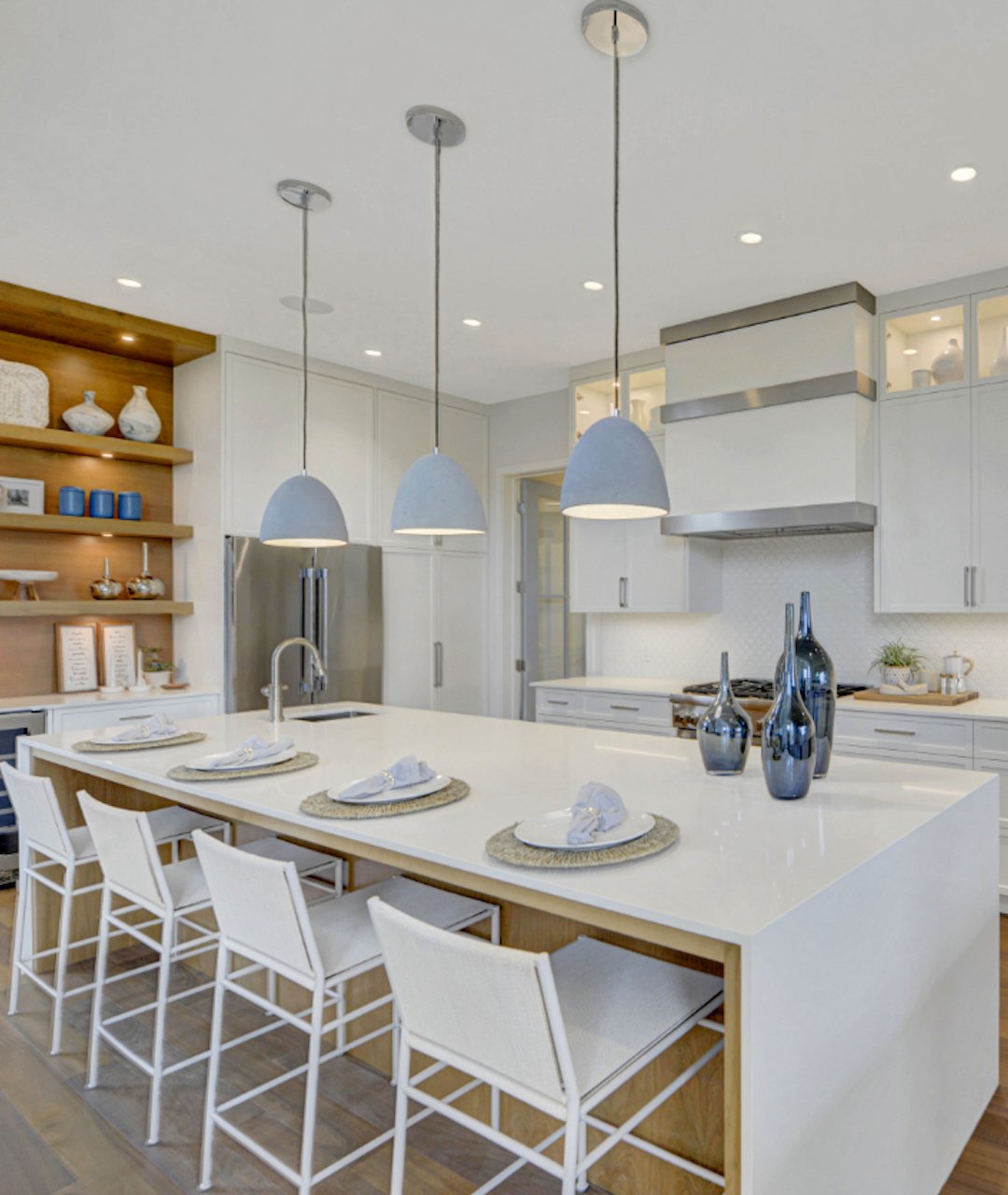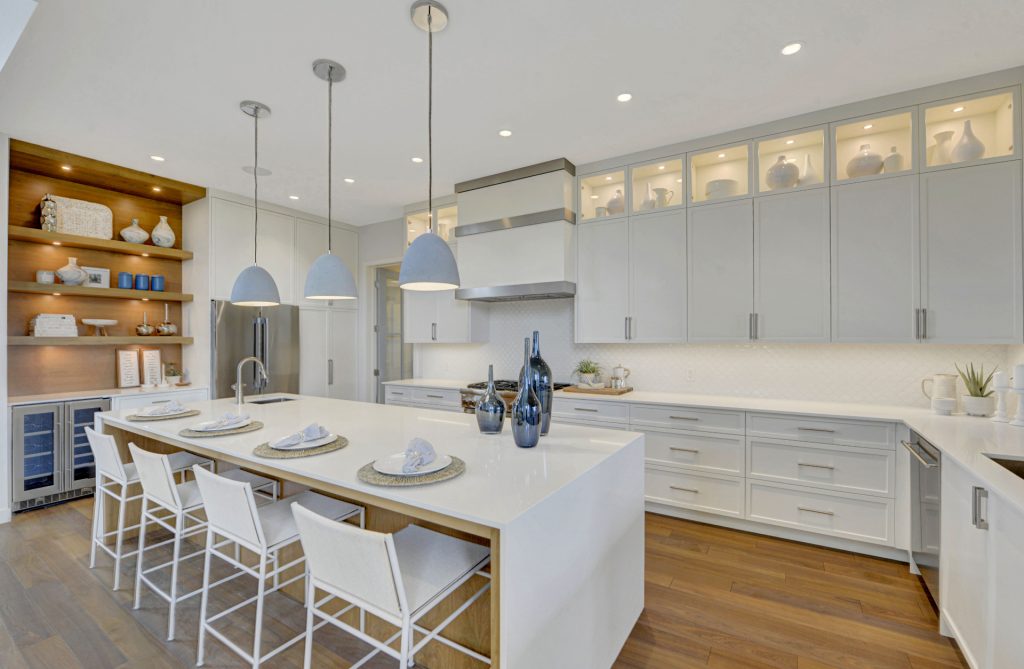6 Tips To Prep Your Home Before A Renovation

Undertaking a home renovation is an exciting prospect, whether you're planning to revamp your kitchen, update your bathroom, or transform your living space. However, before the hammers start swinging and the paint cans open, proper preparation is key to ensuring a successful and smooth renovation process. Taking the time to prep your home adequately can save you time, money, and stress down the line. In this blog post, we'll explore 6 essential tips to help you prepare your home before a renovation, making the entire process more efficient and enjoyable.
Set Clear Goals and Budget.
The first step in prepping your home for a renovation is to establish clear goals and set a realistic budget. Define what you want to achieve with the renovation and outline your priorities. Whether it's upgrading outdated fixtures, expanding a room, or enhancing energy efficiency, having a clear vision will guide your decisions throughout the process.
Once you have a vision in mind, determine a budget that aligns with your goals. Research the costs of materials, labor, and any additional expenses, and add a contingency fund for unexpected costs that may arise during the renovation. Setting a budget will help you stay on track and prevent overspending as the project progresses.
Find the Right Contractor.
Selecting the right contractor is crucial for the success of your home renovation. Take the time to research and interview multiple contractors to find one who understands your vision, has a strong track record of successful projects, and is licensed, insured, and bonded.
Ask for references and testimonials from previous clients to gauge the contractor's reliability and quality of work. Additionally, request a detailed written estimate that includes the scope of work, materials, and labor costs. Having a reputable contractor on board will ensure that your renovation is executed efficiently and to the highest standards.

Clear the Space.
Before the renovation commences, clear the work area of all furniture, belongings, and other valuables. If possible, move them to a different room or store them in a secure storage facility to protect them from dust, debris, and potential damage during the renovation process.
Create a designated space for the contractor and their team to set up their tools and equipment. Clearly communicate any off-limit areas or special instructions to ensure everyone is on the same page, and to minimize the risk of accidents or damage to your possessions.
Address Safety Concerns.
Safety should be a top priority during a home renovation. Conduct a thorough inspection of your home to identify any potential safety hazards. Ensure that smoke detectors and carbon monoxide detectors are working correctly and have fresh batteries.
If your renovation involves disturbing lead-based paint or asbestos-containing materials (common in older homes), hire professionals to handle the removal safely. Taking the necessary safety precautions will protect you, your family, and the construction team during the renovation process.
Communicate and Plan with Your Household.
A home renovation can disrupt your daily routine and create noise and dust that may affect your family's comfort. Before the project begins, communicate with your household members about the upcoming changes and set expectations.
If necessary, consider planning alternative living arrangements during the most disruptive phases of the renovation. Discuss the renovation schedule with your contractor and ensure it aligns with your family's needs and routines as much as possible.
Protect Floors and Surfaces.
The renovation process can be messy, and protecting your floors and surfaces is essential to prevent damage. Lay down protective coverings such as drop cloths or plastic sheets on floors and carpets to shield them from dust, spills, and scratches.
For delicate surfaces like countertops or furniture that cannot be moved, use padded protection or cardboard to safeguard against accidental damage. Taking these measures will not only preserve your home's aesthetics but also reduce cleanup time once the renovation is complete.
Preparation is the foundation of a successful home renovation. By setting clear goals and budget, finding the right contractor, clearing the space, addressing safety concerns, communicating with your household, and protecting floors and surfaces, you can ensure a smoother and more enjoyable renovation process.
Taking these steps will help minimize stress, streamline the project timeline, and ultimately lead to the realization of your dream home. Remember, a well-prepared renovation not only enhances your living space but also adds value to your property, making it a worthwhile investment for the future. Happy renovating!

%20Fix%20WEB%20USE-45.webp)